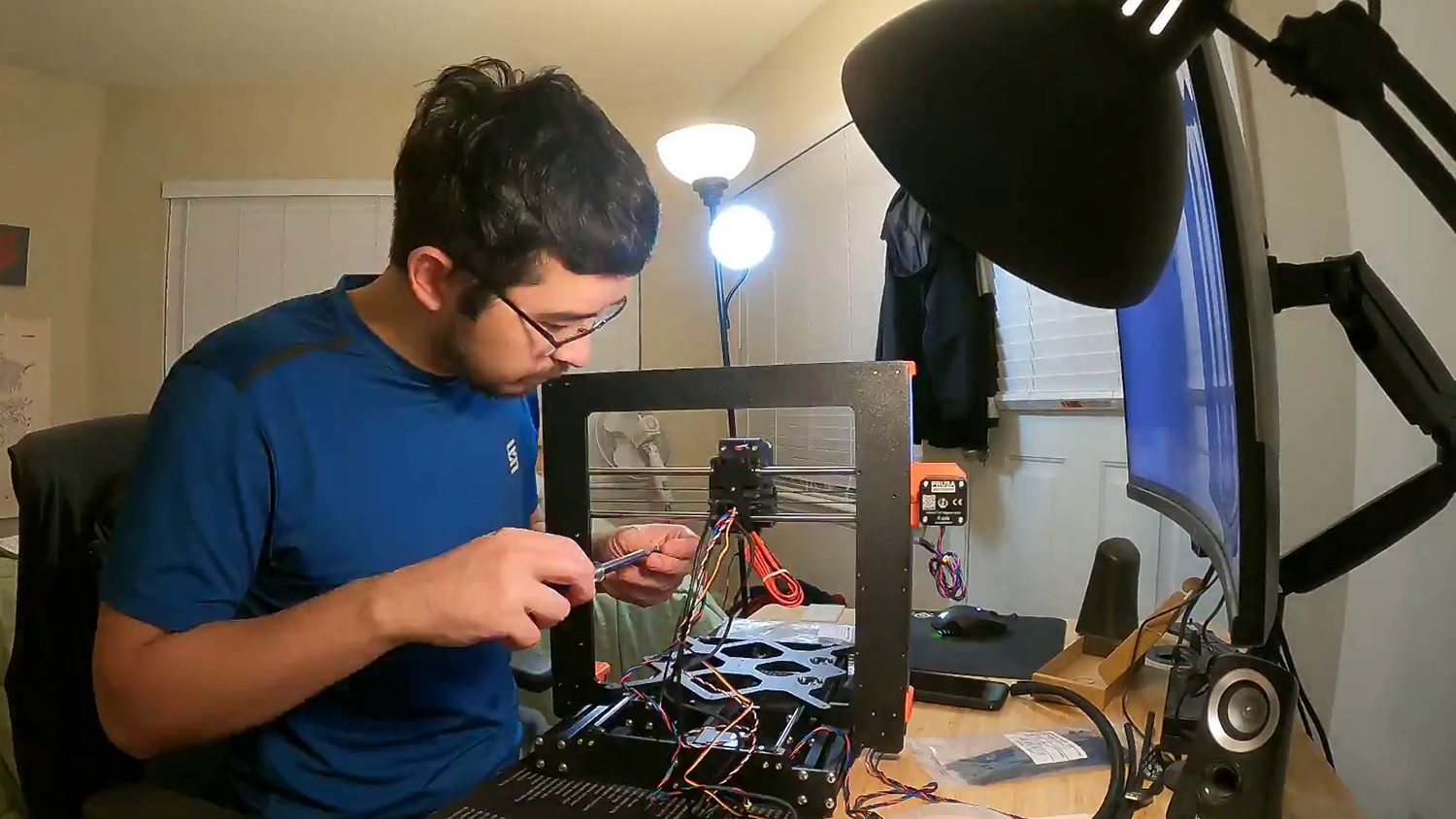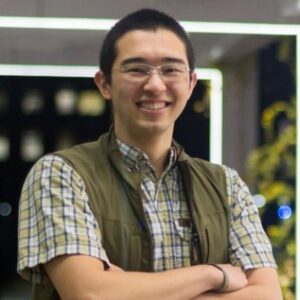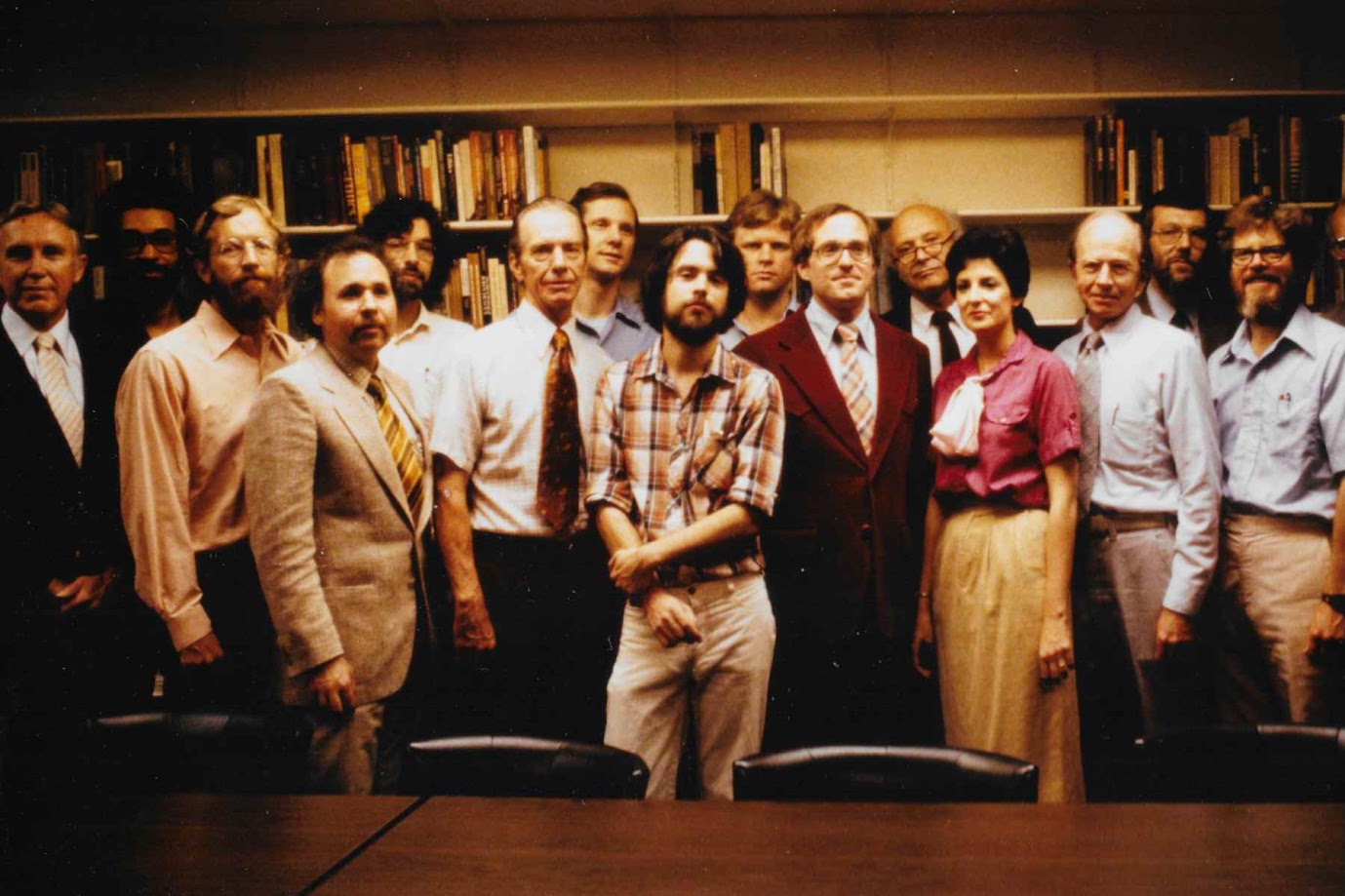Software Engineer Jason Suttles Applies His Philosophy Background to Healthcare, Technology

What can you do with an NC State degree in philosophy? Ask software engineer Jason Suttles, who earned degrees in philosophy and computer science through the Benjamin Franklin Scholars dual degree program.
Suttles, who also minored in math, has a talent for solving puzzles — particularly when it comes to technology. He puts his skills to work for Medicom Technologies, a Raleigh-based software startup that provides a decentralized health information platform for the fast and secure transfer of patient data among healthcare providers.
“Healthcare software involves knowing how people might use the product so that we can help them do their work more efficiently,” he says.
At Medicom, Suttles develops, codes, debugs, maintains and improves software that meets his company’s needs. He also ensures that everyone involved in the software lifecycle contributes to the products’ usability and functionality.
He finds the work rewarding.
“There is an elegance in a good solution that sparks that feeling of accomplishment and joy. Think Archimedes, the Greek mathematician and inventor, crying ‘Eureka,’” Suttles says. “Not only am I puzzle-solving, but I’m also solving real-world problems that help the healthcare industry move data securely and digitally.”

Working for Medicom is also a source of Pack pride. Three NC State alumni created the company in 2015 when they were undergraduates.
Suttles concedes his job also has challenges.
“That awesome feeling of puzzle-solving is constrained by the amount of time the market is willing to wait for a solution to be built,” he notes.
Suttles utilizes his philosophy degree to solve those and other problems “by narrowing down possible solutions to find one that matches given assumptions,” he says. It also helps him think critically, draw connections and facilitate compromise.
“When people have differing points of view, I have an easier time picking apart where they differ, where they are the same, and what they are trying to achieve,” he says.
“I’m also solving real-world problems that help the healthcare industry move data securely and digitally.”
Philosophy and computer science are logic-driven fields, he adds, noting that his math training rounds out what he calls a logic trifecta.
Suttles’ interest in philosophy began when he was a teen “as a way to look at the world from as many logical angles as I’d like,” he says. It continued at NC State where he found philosophical concepts intriguing and fun.
He says he values his time on NC State’s campus, a place where he met “like-minded people with similar interests” at such events as hackathons and startup weekends. That’s how he met his first coworkers who introduced him to the three Medicom founders when they were students.
Those and other activities, like attending ”interesting talks,” he notes, challenged the boundaries of his knowledge. They were his eureka moments and “always time well spent,” he says.
His advice to someone entering the field? Be practical, learn to live with slight imperfections, acknowledge that others can offer useful advice, and constantly be open to learning new things.
Looking ahead, Suttles will continue working at Medicom, while also contemplating grad school to study business or artificial intelligence.
Echoing J.S. Mill, the philosopher and advocate of utilitarianism,Suttles adds:
“Having a solid understanding of how artificial intelligence works is a good strategy to staying useful to the whole.”
This post was originally published in College of Humanities and Social Sciences.


